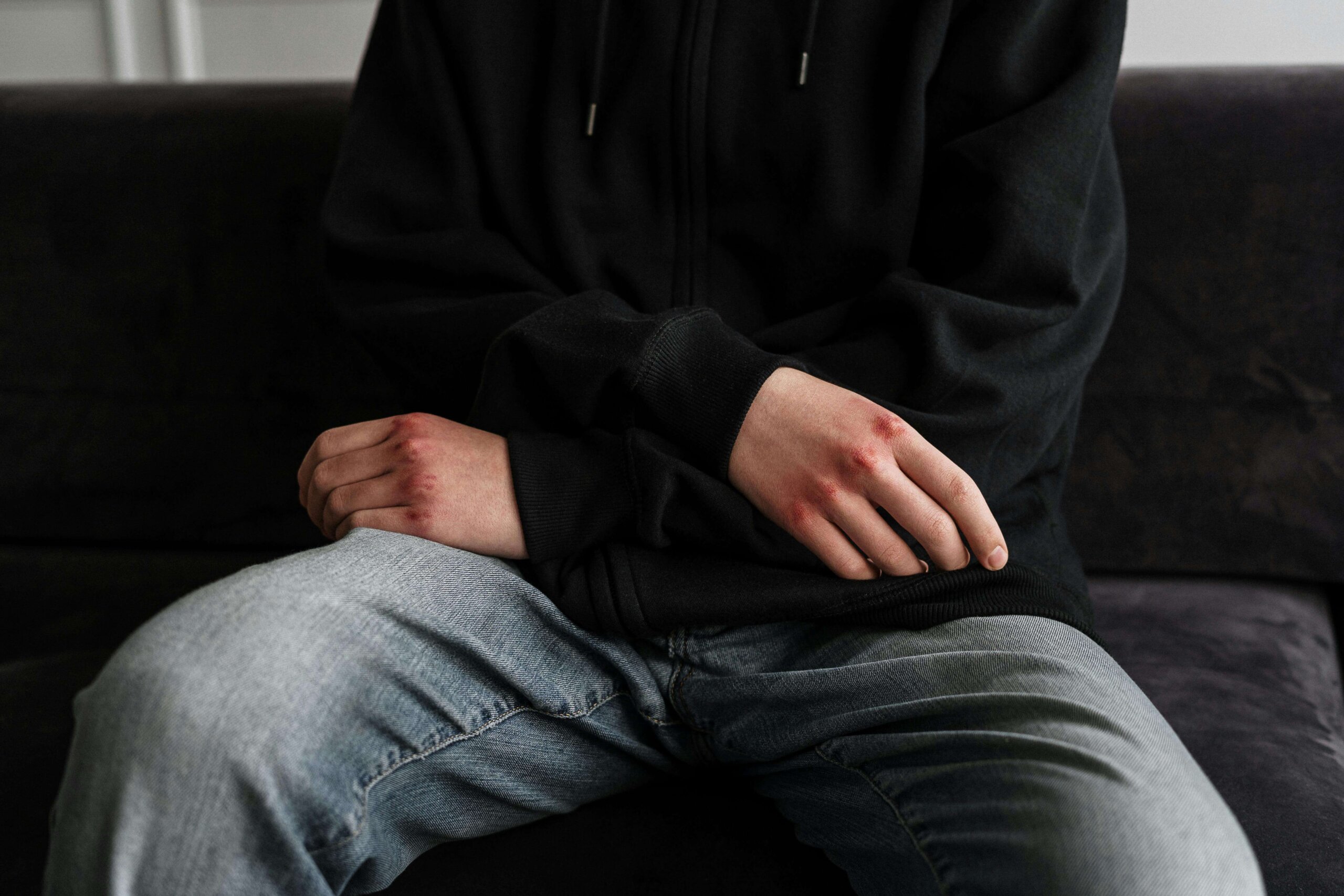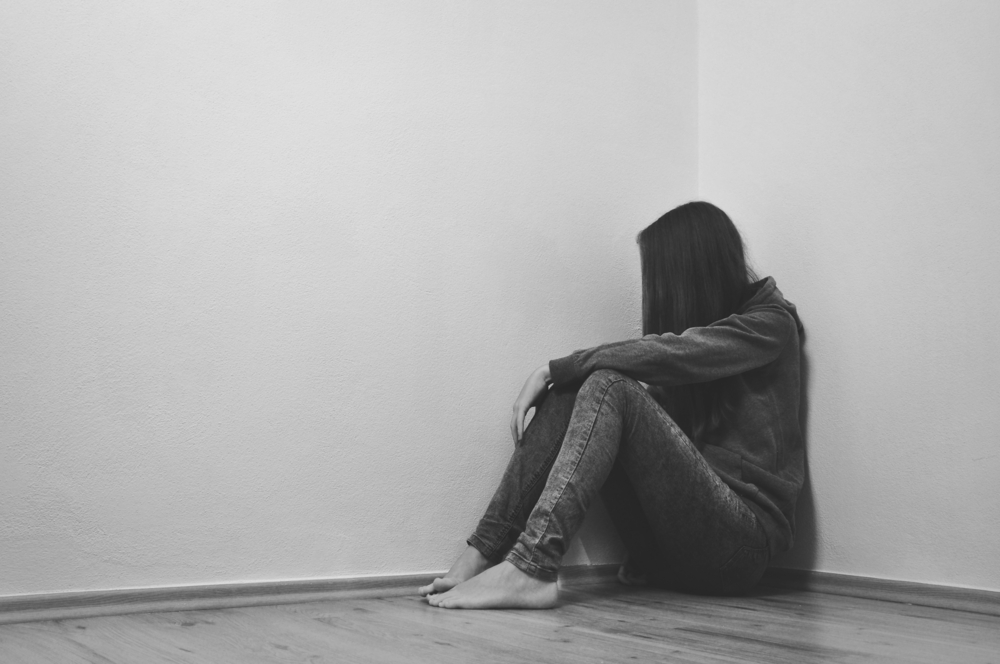By Sarah K. Ravin, Ph.D.
1. Learn all you can about depression in adolescents.
Learn the signs and symptoms of depression and know how to differentiate between normal sadness or “teen angst” and clinical depression. All teenagers are moody and irritable at times, and sadness is a natural and healthy response to a loss or disappointment. Depression is a serious but treatable mental illness which affects between 2-5% of adolescents at any point in time.
2. Help your child establish healthy habits that promote physical and mental wellbeing.
Many aspects of the modern teenage lifestyle – insufficient sleep, high-stress environments, lack of physical activity, and poor nutrition – are well-established triggers for depression. Teenagers need 8-10 hours of sleep every night in order to feel good and function optimally. They need to eat nutritious, balanced meals for breakfast, lunch, and dinner. Regular physical activity is a very effective way of boosting mood and managing stress. Finally, it is important for teens to have a healthy balance between academics, hobbies, social life, leisure time, and family time.
3. Take your child to the pediatrician for a complete physical exam to rule out organic causes of depression.
In some cases, depression is the result of an underlying medical problem such as hypothyroidism or mononucleosis.
4. Have your child evaluated and diagnosed by a psychologist who is experienced in adolescent depression.
Getting a proper diagnosis is crucial. A psychological evaluation should also include recommendations for treatment, including the type of psychotherapy most likely to help your child as well as changes that you can make at home to help support your child’s recovery. If the psychologist determines that your child may benefit from medication, he or she can refer you to a psychiatrist who can prescribe and monitor that medication.
5. Seek evidence-based psychological treatment.
All therapy is not created equal. Some psychological treatments have been studied and shown to be effective for teens with depression, while others have not. For example, research supports the effectiveness of cognitive-behavioral therapy and interpersonal (CBT) for adolescents (IPT-A).
6. Be cautious about using psychotropic medication.
Many cases of adolescent depression can be treated effectively without medication. Research has shown that psychotherapy and exercise are more effective than medication for mild to moderate depression. However, teens with severe depression or bipolar disorder typically require medication in addition to psychological treatment. If you have been through steps 1-5 described above, and your child is not improving after a month or more of psychotherapy, then it may be time to consider adding medication to the treatment plan. Your child’s medication should be prescribed and monitored by a board-certified child and adolescent psychiatrist.
7. Let go of guilt and blame.
Depression is no one’s fault. Your child did not choose it and you did not cause it. We know that depression is a heritable brain disorder which is often (though not always) triggered by stressful life events and brain changes during puberty. It is unhelpful, even counterproductive, to blame yourself or your child for her depression. While your child is depressed, her moods and behaviors are to some degree out of her control. She cannot “choose to be happy” or “snap out of it.”
8. Encourage healthy social relationships and fun activities.
Depression causes adolescents to withdraw from their friends and family and lose interest in activities they once enjoyed. Unfortunately, social isolation and inactivity only exacerbate depressive symptoms. Ensure that your child stays connected to the family by sharing meals with the family every day and involving her in a weekly family outing or game night. Encourage her to go out with her friends or invite them over to the house. See to it that your child is involved in activities that create a sense of purpose, nurture her talents and burgeoning self-concept, and help her connect with other like-minded kids.
9. Frame your child’s depression as an opportunity for positive change.
A health crisis such as depression can help teens and their families recognize that some aspects of their lives need to change. The parents of a teen who is desperately unhappy at school, for example, may see her depression as an impetus to transfer to a different school that is a better fit for her.
10. Be patient and realistic.
Recovery from depression takes time. Your child will not feel better right away. It takes weeks for the effects of psychotherapy and medication to become evident. Your child may begin to feel hopeless and worry that she will be depressed forever. This hopelessness is a symptom of depression, rather than an accurate assessment of her situation. You must remain hopeful and optimistic regardless of your child’s attitude. Support your child in sticking with her treatment and reassure her that she will begin to feel better soon.











0 Comments